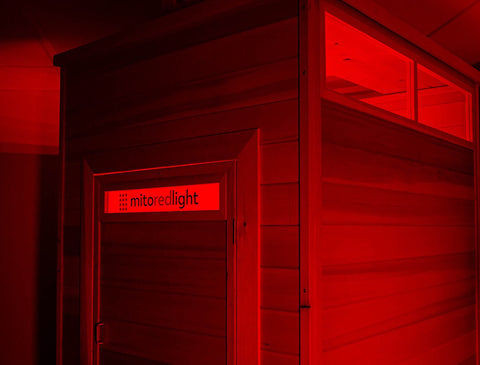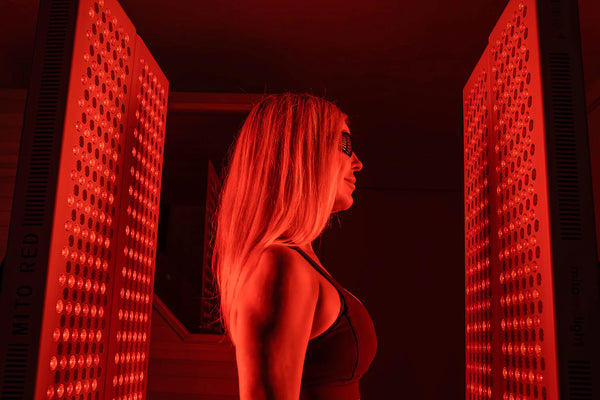Abstract
Background and objectives: This experiment using an animal experimental model was conducted in order to investigate the effect of low-level laser therapy (LLLT) on the healing of the dental titanium implant.
Study design/materials and methods: The experimental group received LLLT for a week and the control group did not. Each group consisted of 10 rats. Two rats from the groups were euthenized on the days 1, 3, 7, 14, and 21 of the experiment. The expression of receptor activator of nuclear factor kB ligand (RANKL), osteoprotegerin (OPG), and receptor activator of nuclear factor kB (RANK) were investigated.
Results: The expression of RANKL was observed from the initial stage of the installation of the implant for both the experimental and control groups. However, the degree of expression was higher in the experimental group. The degree of expression of OPG increased remarkably in the experimental group, while in the control group the degree of expression increased only slightly. In the experimental group, the expression of RANK was observed from the first day, but in the control group, it was weakly observed after day 3. The overall expression within the bone was slight on day 7 in the control group, while an active expression was observed in the experimental group. Bone density after installation of dental titanium implant during osseointegration in the experimental group was higher than the control group. The surface and structure of the titanium implant was not damaged by low-level laser (LLL).
Conclusions: From the above results, the expression of OPG, RANKL, and RANK during the osseointegration of the dental titanium implant was observed within bone tissue. The application of the LLL influenced the expression of OPG, RANKL, and RANK, and resulted in the expansion of metabolic bone activity and increased the activity of bone tissue cells.




















